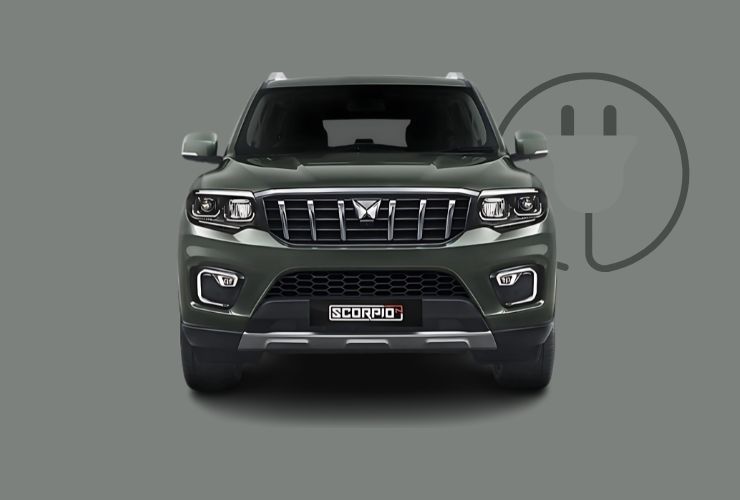Mahindra Scorpio-N, XUV700 To Get Petrol Hybrid Engines: Details


It looks like Mahindra has started developing strong hybrid technology for its future portfolio. The first petrol hybrid from the Indian giant will be out in 2026. This segment is currently dominated by Toyota and Maruti Suzuki. Mahindra plans to capture its share of the pie with petrol-hybrid forms of existing monikers. As per sources, the XUV 700 and Scorpio-N will be the first Mahindras to take the petrol-hybrid route. Both these SUVs are slated for a full model change in 2026.

The demand for strong hybrids has lately been on the rise, and the same seems to have made Mahindra make the move. The Mumbai-based manufacturer hasn’t however, revealed any details of its hybrid plans. It has merely been confirmed to be ‘ready for hybrids if there’s sizeable customer demand’.

The first seven months of 2024 had the market share of hybrids climb to 2.5%. Data from JATO Dynamics reveal that 51,897 hybrids (mild and strong combined) were sold during the period, marking a 27% year-on-year growth. This is despite them having a notable price premium over regular petrol models and not benefitting from tax cuts. So, why are they still so popular?
Well, to start with, people often compare these with EVs and not ICE versions. While doing so, hybrids have a handful of strong advantages. Even with the hefty taxes, they are still cheaper than all-electric vehicles, which enjoy the privilege of massive tax benefits.
Secondly, hybrids- strong and mild- do not need a charging infrastructure for smooth functioning, nor do they offer range anxieties. Though not completely emission-free, strong hybrids are cleaner. Finally, most strong hybrids deliver superior fuel efficiency when compared to traditional ICE models. The Toyota Hyryder, with its strong hybrid petrol engine, is very fuel efficient.
The advent of more modern technologies like series hybrids will only add to the acceptance of these. For those of you who are new to the term, in a Series hybrid, the wheels are always powered by the electric motor and the petrol engine acts as a generator to produce power for the motor. Further, the democratisation of hybrid tech seems not too distant, with manufacturers like Maruti Suzuki readying to step in.
Mahindra will kick-start its hybrid onslaught in 2026, with the Scorpio and XUV 700. Both these SUVs currently have a 2.0L turbocharged petrol engine that is infamous for its low fuel efficiency figures. With the 2026 update, a newly developed petrol hybrid engine will be introduced on these. We do not yet know the details of the nature of this powertrain. The manufacturer is rumoured to have begun the development of this tech.
M&M has been in discussions with Skoda Auto Volkswagen over a joint venture by which they would share costs, technology and vehicle platforms. They might soon sign a 50:50 JV. If this goes through, Mahindra will supply their new hybrid tech to Volkswagen Group. This will further enable Skoda VW to find financial balance with their future hybrids.

A key reason for manufacturers making rather fast steps towards hybridisation is the upcoming emission norms in India. Our country is preparing to introduce stricter norms in the coming years. Euro 7 norms will be rolled out in July 2025. BS7 is expected to follow soon. It will have considerably stricter clauses and curbs on emissions.
In 2027, CAFE 3 norms will be introduced. These define the permissible amount of Carbon Dioxide a carmaker’s fleet can emit in a financial year. The Corporate Average Fuel Efficiency norms have been ideated to indirectly encourage manufacturers to increase the fuel efficiencies of their products.
With both of these already in sight, taking the hybrid route will be one of the safest and most viable solutions. Diesels could be great too, if they meet the standards that BS7 norms would set. (We currently lack clarity on these). Going forward, if the petrol hybrids continue to boom in acceptance, they could gradually phase the diesels out, killing them and putting an end to a long-cherished era.